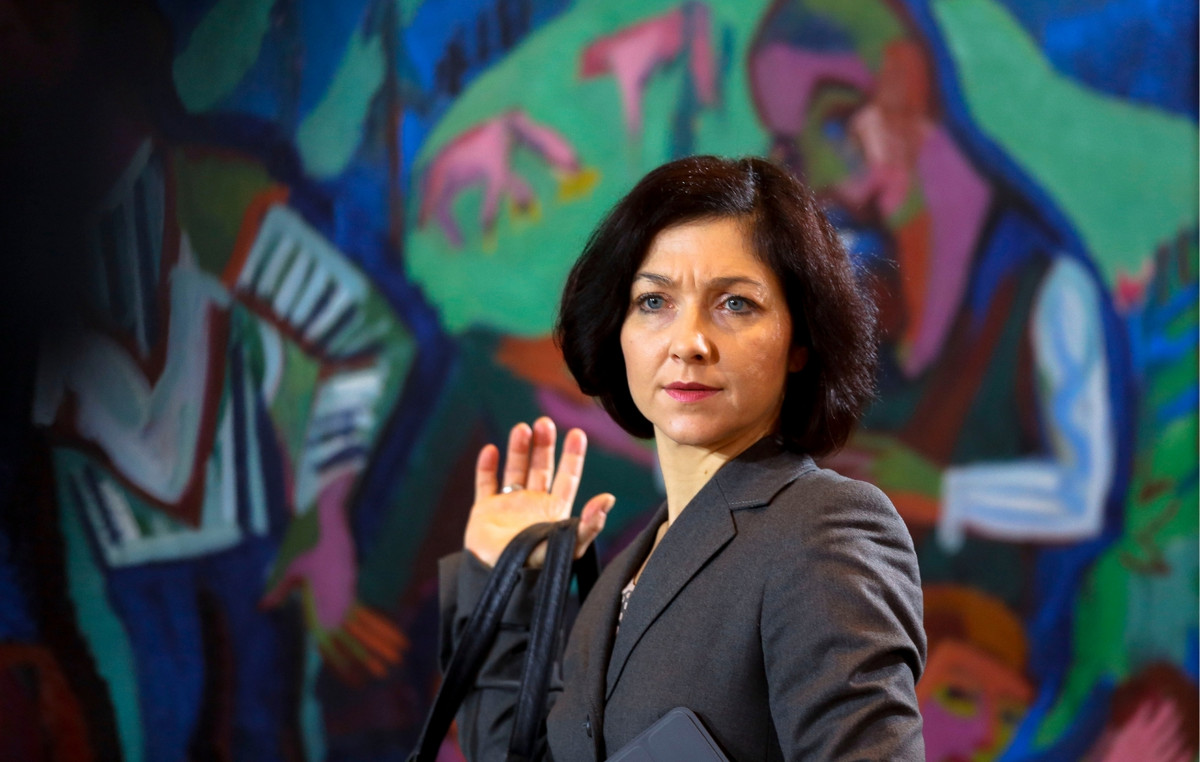With security and transparency as an advantage, blockchain has been adopted by companies and institutions ranging from the financial sector to the education sector. More recently, the system has also been adopted by companies that work with monetary and food donations.
The UN arm (United Nations) known as the United Nations World Food Program (WFP), for example, uses technology to track where certain donations were made so that there is no duplication in the supply of products. , wasting resources or excluding families who need assistance, explained Vincent Matak, communications manager in the technology division of the World Food Program.
The company Ribon, on the other hand, uses blockchain to track financial transactions, so that people can know if their donation was really destined to the chosen place.
Michael Jordan, blockchain researcher and analyst at DLT 360 says that “the technology serves to give more reliability and organization in the donation process and aims to build greater trust among donors. [e as companhias]”.
Organization
The WFP blockchain is known as Building Blocks, and it works as a system where organizations can register and share information securely and in real time.
The World Food Program has created an app for organizations to keep up-to-date records of services provided to people, “helping ensure effective and well-targeted support is provided,” the UN said in a statement.
The app also allows you to track, coordinate and provide various types of assistance, including money, food, water, sanitation, hygiene items and medication.
In all, since 2017, the organization has received around US$325 million and the amount has been earmarked for 1 million refugees in Bangladesh, Jordan and Lebanon.
Matak stated that the UN will only expand the use of technology and allocate the funds to other regions when it feels the need.
Control
Donors, when entering Ribon, receive donation vouchers – values resulting from a cumulative fund that the company has.
People then choose which social project they are interested in making a donation to and, after making a donation, they have the option to add an amount of their own money to the fund so that, in the future, other people also receive vouchers and the process is repeated.
The average ticket for donations is close to R$30. And, to maintain operations, the company retains around 10% of each value added. However, this percentage is only retained if the amount is used by new donors at a later date.
On average, 60% of donors add some value to the fund. And, since its foundation in 2016, 428,093 people have donated a total of R$1,072,691.15 to 28 social projects in Brazil and around the world.
Moriah Rickli, manager of Ribon, says that the biggest advantage of blockchain is to transact values in a fully transparent and auditable way. That is, it is possible for the person to confirm whether the money donated was really for the chosen beneficiary or not.
The company uses the Polygon blockchain.
Scratchs
The DLT 360 analyst pointed out, on the other hand, that one of the biggest problems in using the system is people’s lack of knowledge about the blockchain. “It takes time for people to trust these new technologies and feel in control of themselves.”
Another risk, for the expert, is the legal issues of vulnerability of smart contracts, also known as smart contracts, which function as protocols that have the same purpose as physical contractual instruments that are established between two parties. However, instead of being on paper, they are made digitally.
In them, fraudulent transactions can occur and cannot be reversed, since they are carried out without the presence of a central agent, or problems with the privacy of users’ information.
“Privacy is a concern for some people, particularly those who value anonymous donations. And there are some common misconceptions about some networks being that way,” says Jordan. The bitcoin network is not anonymous, for example.
Thus, although anonymity is possible with some protocols using encryption, he says it is important for anyone who wants to make a donation, before sending any monetary value, to carry out a prior research on the blockchain used by a company.
Source: CNN Brasil
I am Sophia william, author of World Stock Market. I have a degree in journalism from the University of Missouri and I have worked as a reporter for several news websites. I have a passion for writing and informing people about the latest news and events happening in the world. I strive to be accurate and unbiased in my reporting, and I hope to provide readers with valuable information that they can use to make informed decisions.







